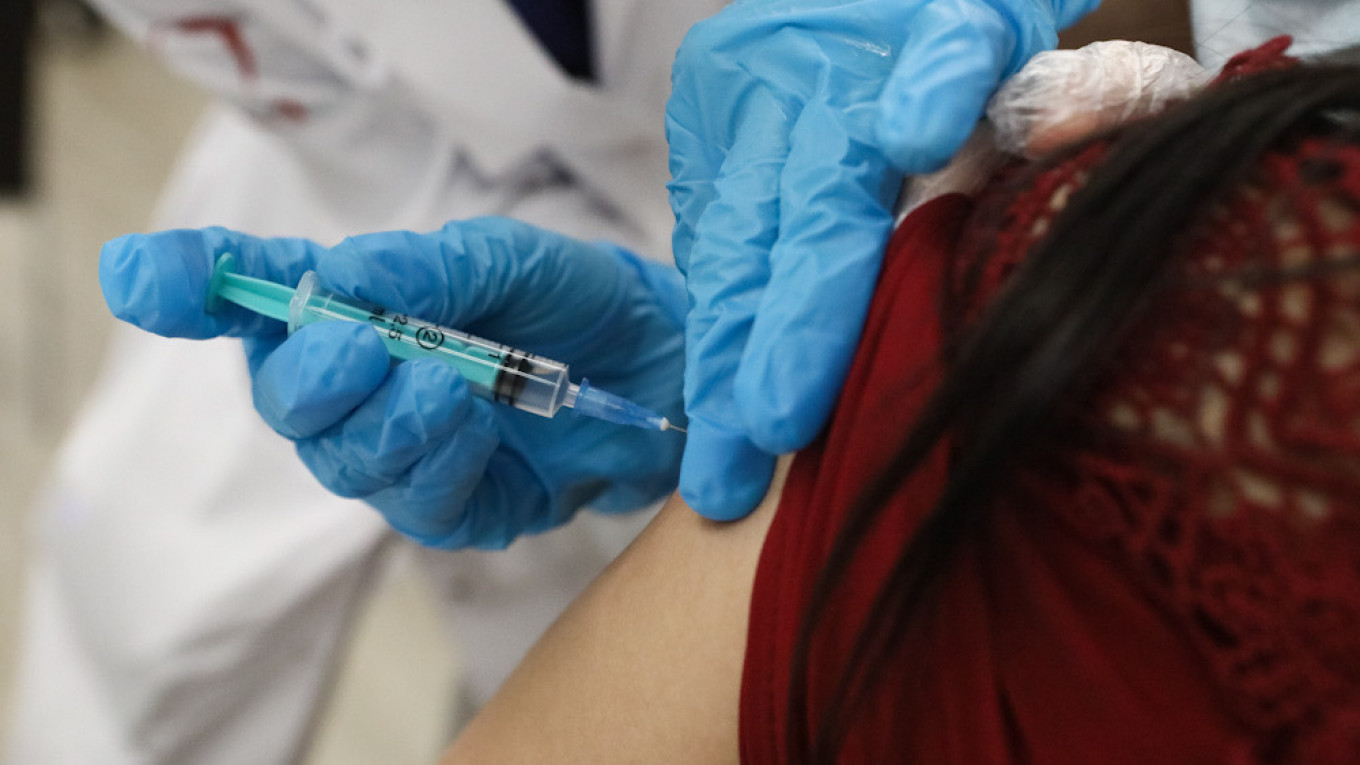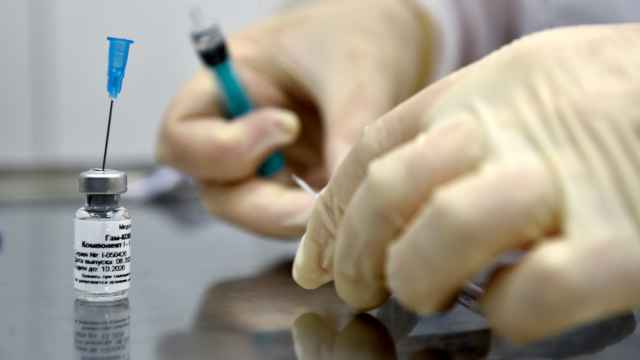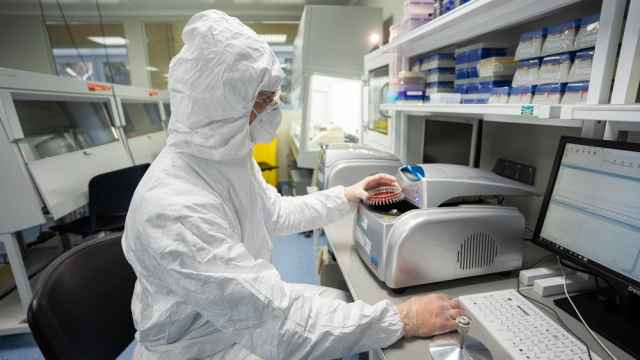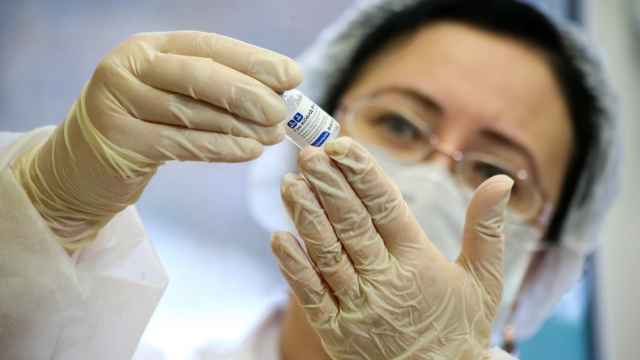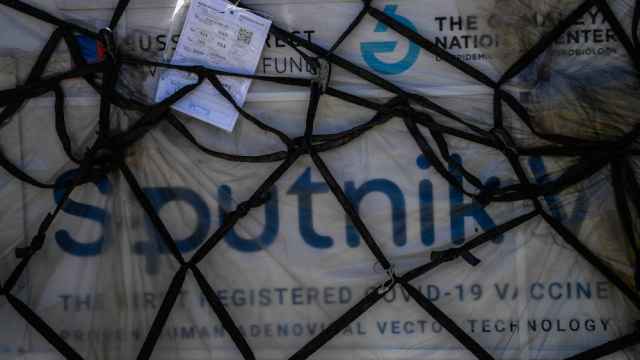The European Union's review of Russia’s Sputnik V coronavirus vaccine could be delayed until after the summer over “major” data shortcomings and the vaccine maker’s perceived lack of experience with overseas regulators, Reuters reported Tuesday.
The European Medicines Agency (EMA) launched a rolling review of Sputnik V, which Russia touts as the world’s first government-approved vaccine, in March, with a decision initially expected in May or June.
The regulator has since received “incomplete” clinical data and “hardly any” manufacturing data from Russia’s Gamaleya Institute, the state-run research center that developed Sputnik V, Reuters reported, citing an unnamed source close to the EMA's approval process.
Gamaleya’s scientists are “not used to working with a regulatory agency like the EMA,” the source close to the EMA was quoted as saying.
The EMA reportedly rated the shortcomings as “major” — one step below “critical” and one above “minor” — meaning that they require work to be remedied.
Russia’s Health Ministry, which oversees Gamaleya, the institute itself and the Kremlin have not yet commented on the Reuters report.
The Russian Direct Investment fund (RDIF), which markets Sputnik V worldwide, said the report contained anonymously sourced “false and inaccurate statements” and suggested that the vaccine is under attack by the “Western pharmaceutical lobby.”
RDIF CEO Kirill Dmitriyev said the sovereign wealth fund expects WHO approval of Sputnik V in the fall.
The EMA has recommended Pfizer-BioNTech, Moderna, AstraZeneca and Johnson & Johnson vaccines for authorization against Covid-19.
Sputnik V, which has been approved in some 70 countries including two EU members, is also awaiting World Health Organization (WHO) approval in the coming months.
EU member Slovakia said this month it had sold 160,000 of the 200,000 Sputnik V doses back to Russia over low interest after months of government hesitation over using a non-EMA-approved product.
Sputnik V has faced questions from scientists and regulators over its authorization in Russia last August ahead of large-scale clinical trials.
Interim trial results published in The Lancet medical journal in February said that the two-dose vaccine is safe and more than 90% effective at preventing symptomatic Covid-19 cases.
Russian President Vladimir Putin, who revealed late last month that he was vaccinated with Sputnik V, has himself been accused of politicizing the pandemic and turning the vaccine into a geopolitical soft-power weapon.
A Message from The Moscow Times:
Dear readers,
We are facing unprecedented challenges. Russia's Prosecutor General's Office has designated The Moscow Times as an "undesirable" organization, criminalizing our work and putting our staff at risk of prosecution. This follows our earlier unjust labeling as a "foreign agent."
These actions are direct attempts to silence independent journalism in Russia. The authorities claim our work "discredits the decisions of the Russian leadership." We see things differently: we strive to provide accurate, unbiased reporting on Russia.
We, the journalists of The Moscow Times, refuse to be silenced. But to continue our work, we need your help.
Your support, no matter how small, makes a world of difference. If you can, please support us monthly starting from just $2. It's quick to set up, and every contribution makes a significant impact.
By supporting The Moscow Times, you're defending open, independent journalism in the face of repression. Thank you for standing with us.
Remind me later.


